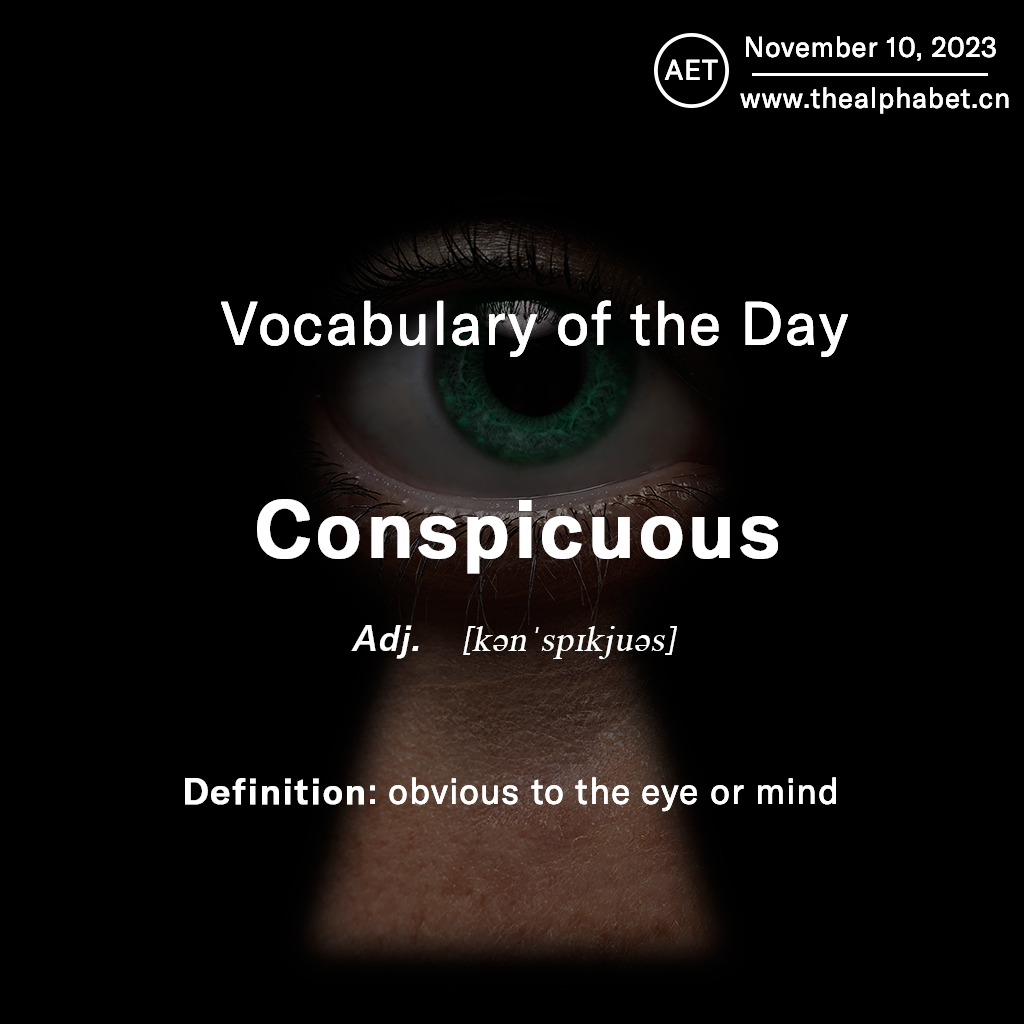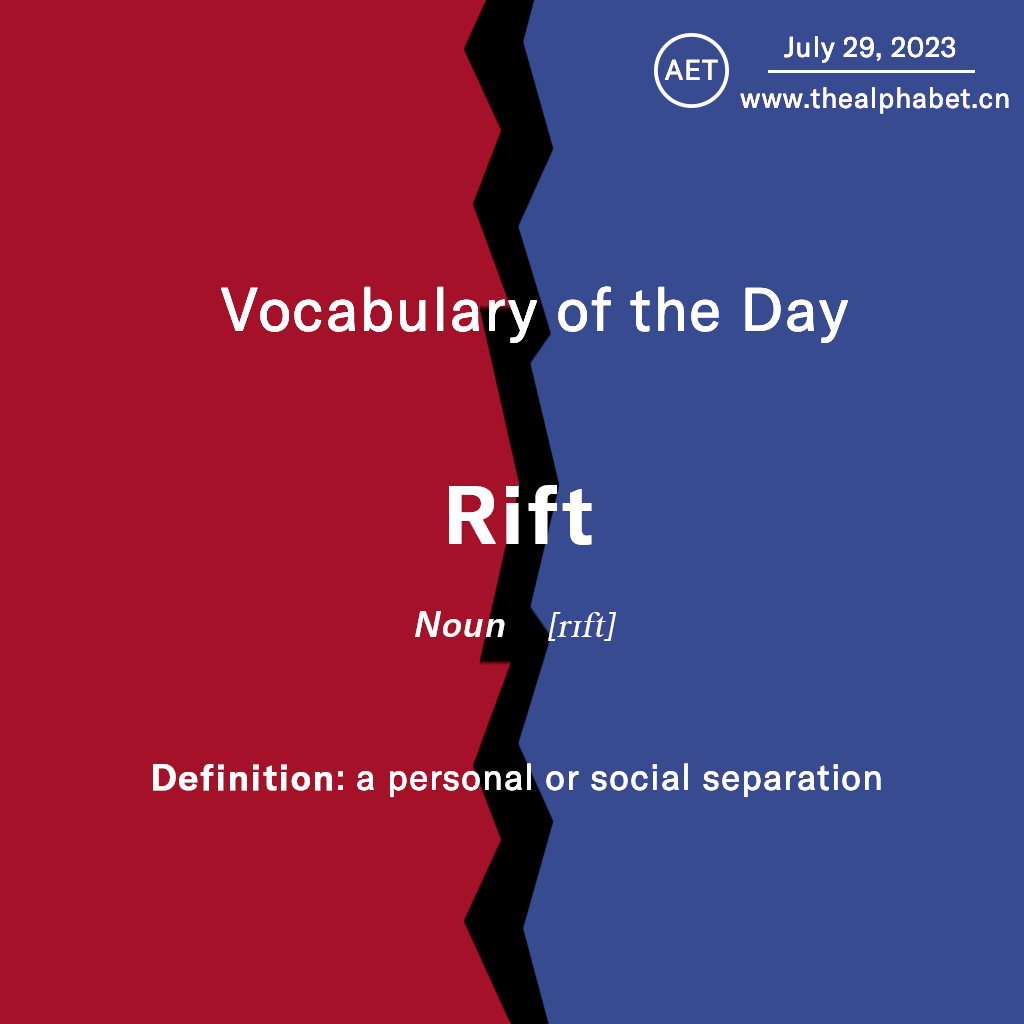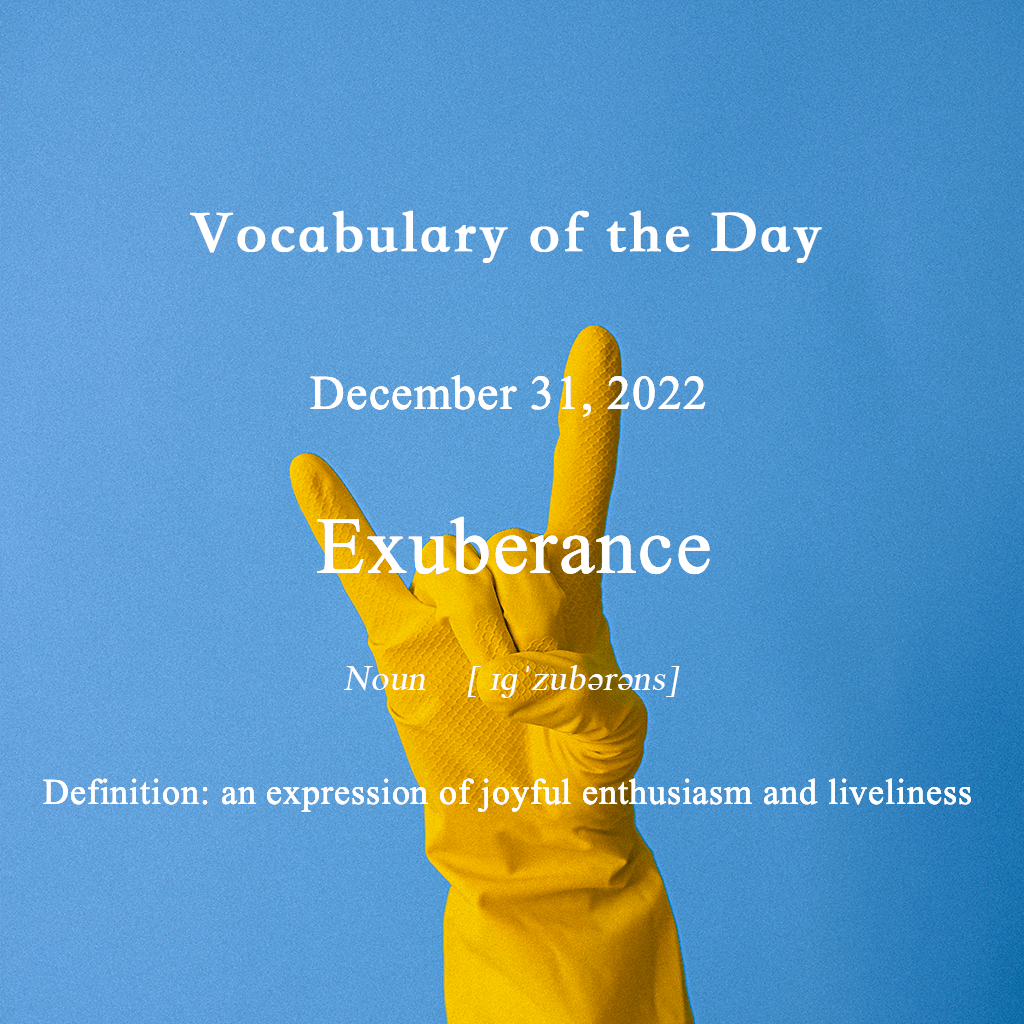
-
发音:[ˌkɑndəˈsend]
-
例句:
- In ancient times, it was impossible for kings and queens to condescend to do their own laundry at the palace, because they believed that it’s the servants duty.
- To condescend to do something means to consider someone too important to do trivial things.
- He spoke to me in a condescending way that let me know he wasn’t convinced something was wrong.
- The writer treats her readers as equals and never condescends to them.
- The CEO would not condescend to respond to such a crass remark.
- I want to be treated with respect, and as I grow older I am concerned that employers will condescend to me or deny me opportunities because I seem too young or unsure of myself.
-
解释:
- Condescend 这个单词为动词,其表示“to behave as if one is descending from a superior position, or rank”这一含义,即“屈尊/俯就/对某人表现出优越感”,该单词中包含“descend”,其表示“从某一高处/高位下来”这一含义,因此,condescend该单词整体表示某人屈降身段去做一件很微小或者不值一提的事,与stoop/deign这些单词构成近义词。
- 具体使用场景如下:
- The King and Queen did not condescend to have dinner with the servants. (国王和王后没有屈尊与仆人共进晚餐。)
—Culture - All the guests had to wait almost an hour before the owner condescended to see them.(所有的客人都不得不等待将近一个小时,主人才会屈尊去看他们。)
—Culture - A Russian prince condescended to sit in a corner for an hour and talk with a massive lady, dressed like Hamlet’s mother in black velvet with a pearl bridle under her chin.(一位俄罗斯王子屈尊坐在角落里一个小时,与一位身材魁梧的女士交谈,她穿着像哈姆雷特的母亲一样,穿着黑色天鹅绒,下巴下有珍珠缰绳。)
—Arts



